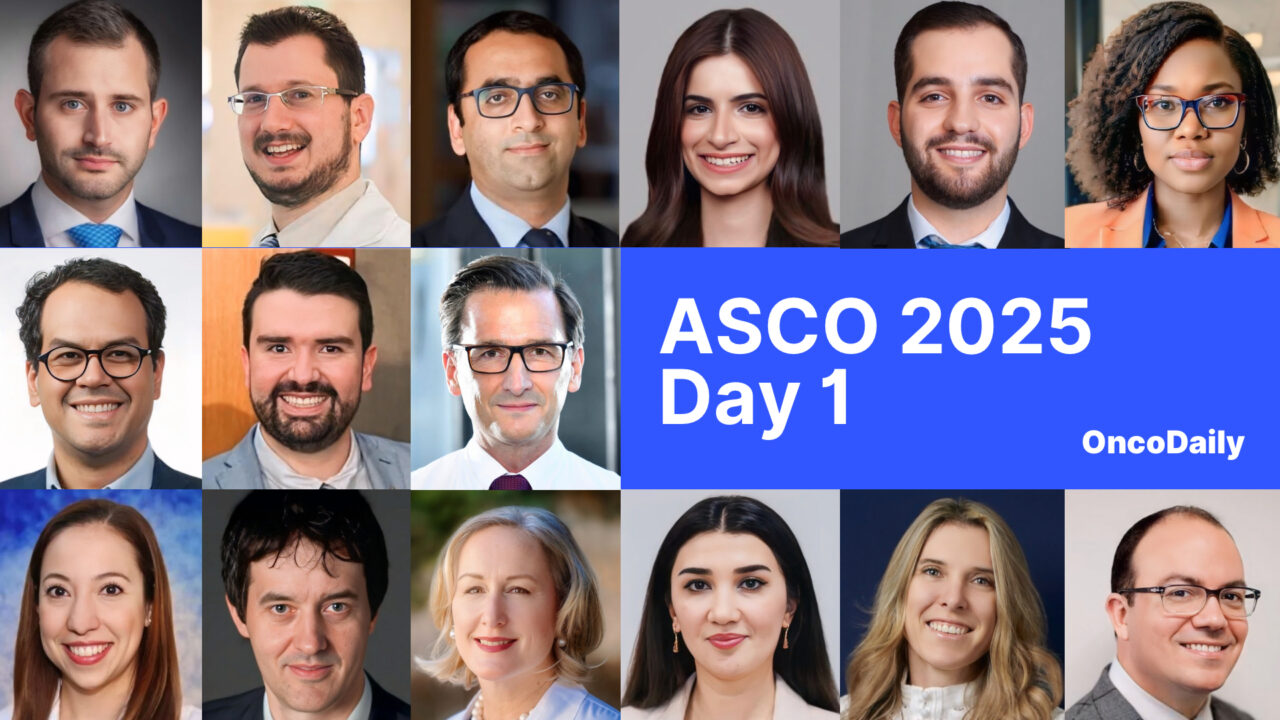The ASCO Annual Meeting 2025 is officially underway in Chicago! Running from May 30 to June 3, this year’s meeting brings together oncologists, researchers, and advocates from around the world to share the latest breakthroughs in cancer care.
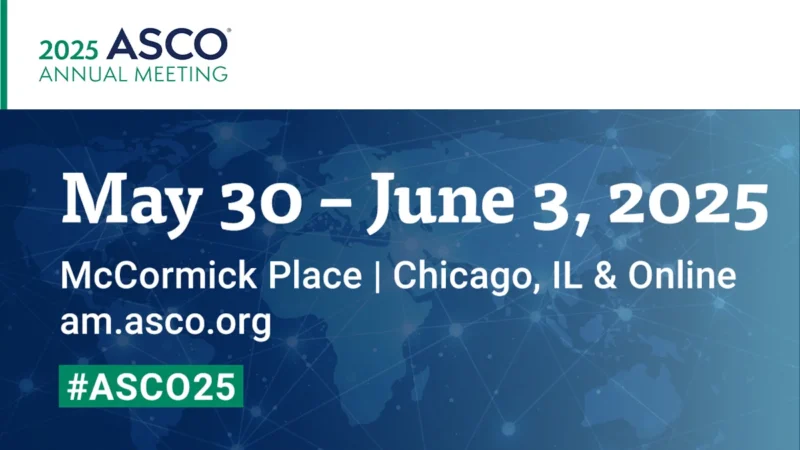
ASCO 2025 is in full swing, with over 450 oral presentations being delivered across 24 Oral Abstract Sessions and 24 Rapid Oral Abstract Sessions. The program also features 13 Clinical Science Symposia, 16 interactive Case-Based Panels, and collaborative joint sessions with AACR and ESMO. More than 2,700 posters, including many from the Trials in Progress track, are being showcased throughout the meeting, offering a comprehensive look at the latest advances in cancer research, clinical trials, and treatment innovation.
This year’s theme, “Driving Knowledge to Action: Building a Better Future,” sets the tone for what ASCO 2025 is all about, turning research into real impact for patients. Day 1 kicked off with a packed schedule of scientific sessions, personal stories from the ASCO Voices series, and the kind of energy you only get when thousands of people passionate about oncology come together in one place. From the latest data to big-picture conversations, it’s clear this year’s meeting is all about pushing the field forward.
During the first day, the OncoDaily Party 2025 was also held, featuring the presentation of the Yvonne Awards, which recognized outstanding contributions in categories such as Breakthrough Research, Global Oncology, Community Oncology, Leadership, Mentorship, Challenging the Status Quo, Pediatric Oncology, and the Humanitarian Award. There was so much happening on Day 1, and if you missed anything, we’ve got you covered.
Our team at OncoDaily has handpicked 15 highlights from the first day of ASCO 2025. Scroll down to catch the highlights, dive into the science, and hear directly from the people shaping the future of cancer care.
“Excited to kick off the ASCO 2025 meeting with a dynamic session on AI in cancer care!
During this opening session, we explored how ASCO is actively integrating AI into their guidelines with guideline assist and how practices are using decision-support tools to enhance patient outcomes. We discussed the transformative role of AI in clinical research, enabling faster, more precise insights that can drive innovation.
Key highlights included:
- ASCO’s initiatives to incorporate AI into clinical guidelines and tools
- The pivotal role of AI in advancing clinical research and personalized medicine
- Models of nudges and clinical decision support systems to promote evidence-based care
- Practical approaches and pearls for oncology leaders as they incorporate AI into everyday practice
As oncology continues to evolve, leveraging AI thoughtfully can truly revolutionize patient care. Looking forward to continued collaboration and innovation in this exciting space! Great to work with Douglas Flora and Ravi B. Parikh on this session!”
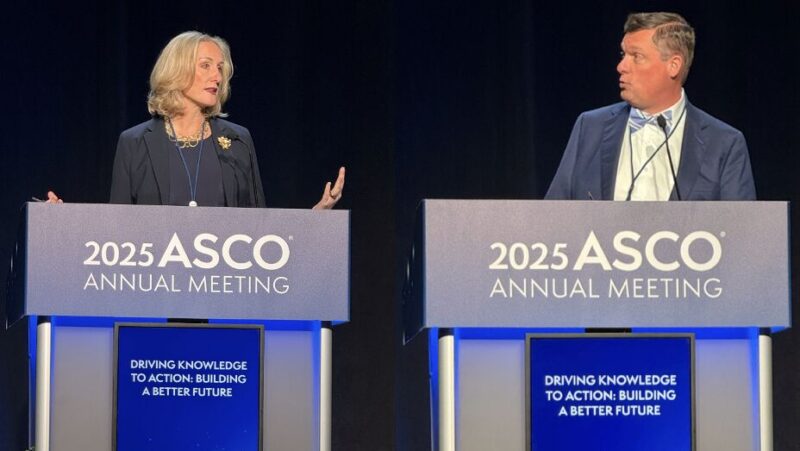
“Today at ASCO25 and simultaneously published in NEJM Group, Pfizer shared pivotal overall survival and progression-free survival data for a targeted treatment regimen in patients with metastatic Colorectal Cancer (mCRC) with a BRAF V600E mutation. Read more here.
For about 1 in 5 people diagnosed with CRC, the disease has already metastasized by the time it’s detected, making treatment more complex.
The BREAKWATER study met its primary endpoint of progression-free survival, as well as a key secondary endpoint of overall survival, showing that the regimen halved the risk of death for people with mCRC with a BRAF V600E mutation. These exciting results support its potential to be a new standard-of-care and a meaningful advance for these patients.”
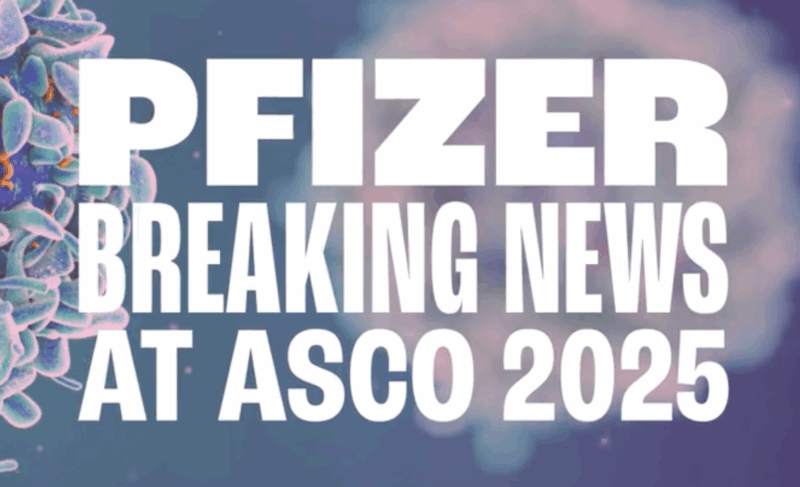
“Kicking off ASCO 2025 with GI Oncology Highlights!
Day 1 delivered some standout insights, starting with a case-based panel on ctDNA testing and surveillance in colorectal cancers.
ctDNA is proving to be a highly prognostic tool, especially for detecting molecular recurrence. There’s growing interest in its potential to guide early interventions and improve short-term outcomes, though its impact on long-term survival remains uncertain.
The afternoon featured two pivotal phase III trials in metastatic colorectal cancer:
- BREAKWATER Study:
Encorafenib + Cetuximab + mFOLFOX6 for BRAF V600E-mutant mCRC showed a PFS of 12.8 months vs. 7.1 with standard care, and OS nearly doubled (30.3 vs. 15.1 months). - CheckMate-8HW (MSI-H/dMMR mCRC):
First-line Nivolumab + Ipilimumab showed an astonishing PFS of 54.1 months vs. 5.9 months with chemo.
Personalized treatment is rapidly becoming the standard, not the exception. On to Day 2!”
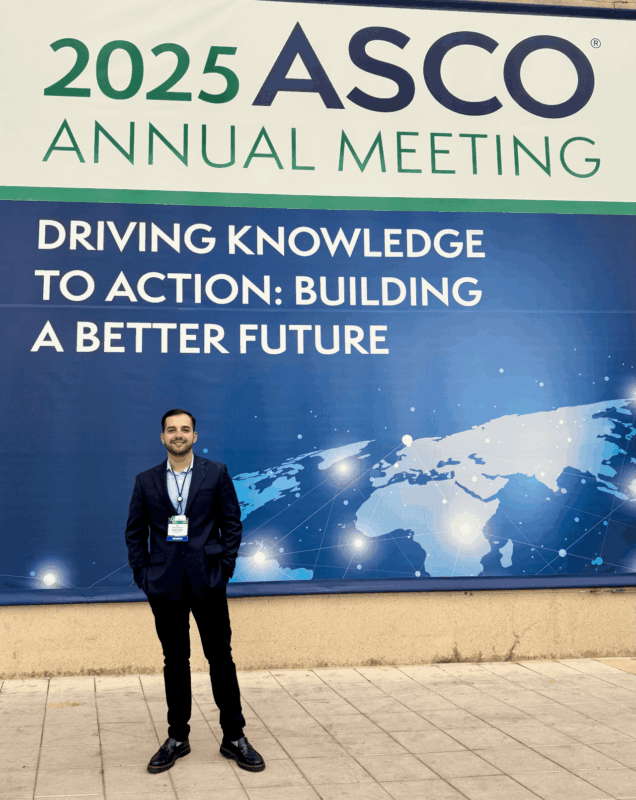
“Congrats to all Conquer Cancer, The ASCO Foundation YIA recipients! This is a great milestone and honor!
Proud of our own junior Faculty member, Ruben Raychaudhuri, for this award, kudos to him and his mentors Dr. Schweizer et al. ”
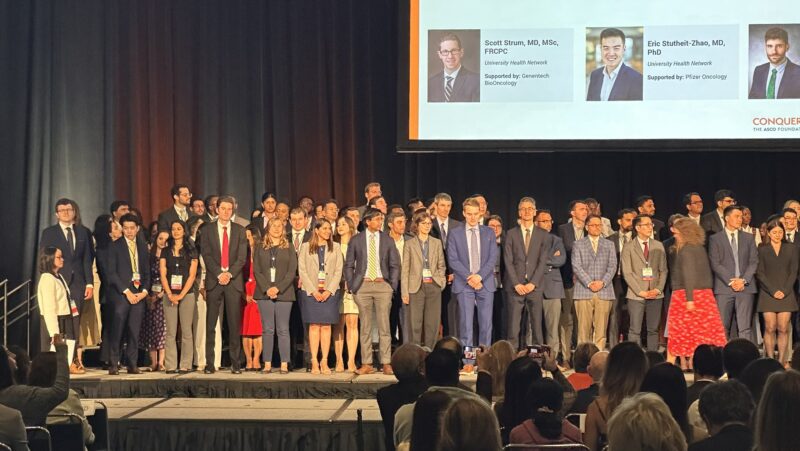
“‘The true measure of a man lies not in what he does for himself, but in what he does for others.’
Couldn’t think of anyone more deserving of the Conquer Cancer, the ASCO Foundation Career Development Award, and the
OncoDaily Yvonne Mentorship Award!
Thank you for always uplifting us, treating us like family, and for all that you do!
We’re all super proud today!”
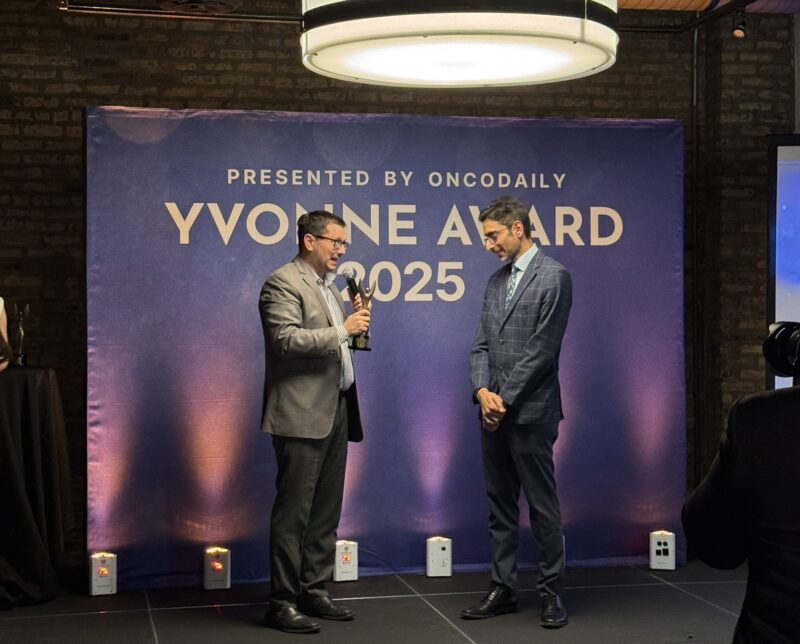
“Huge honor! Received the International Development and Education Award 2025 from Conquer Cancer, The ASCO Foundation.
This is a crucial first step in my career as an oncologist in LATAM. Let’s keep driving cancer research and education forward!”
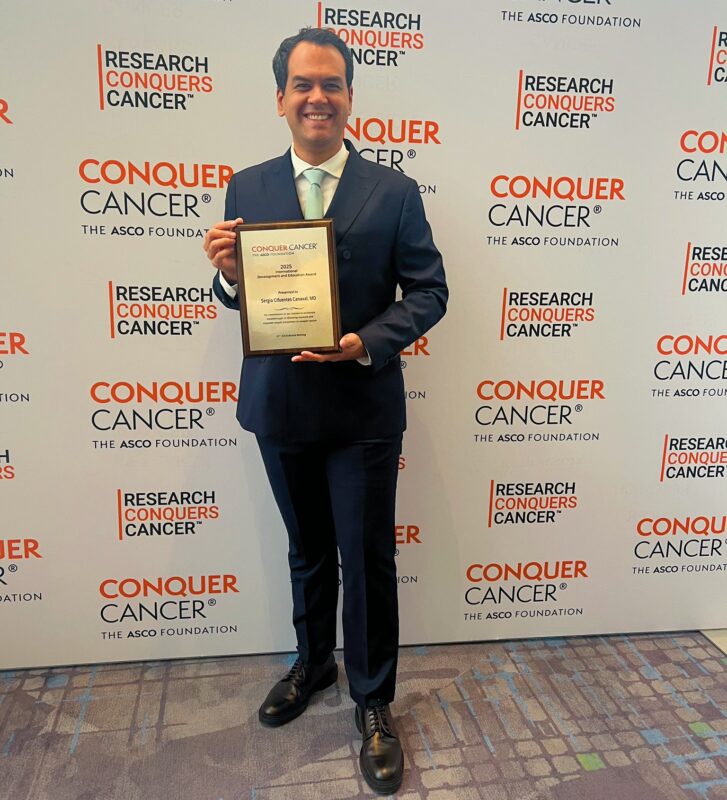
“Very proud of Fernanda Rivera for receiving the 2025 Conquer Cancer, The ASCO Foundation IDEA Award!
First time a radiation oncologist in training from Mexico receives this distinction. You are ready to conquer cancer.”
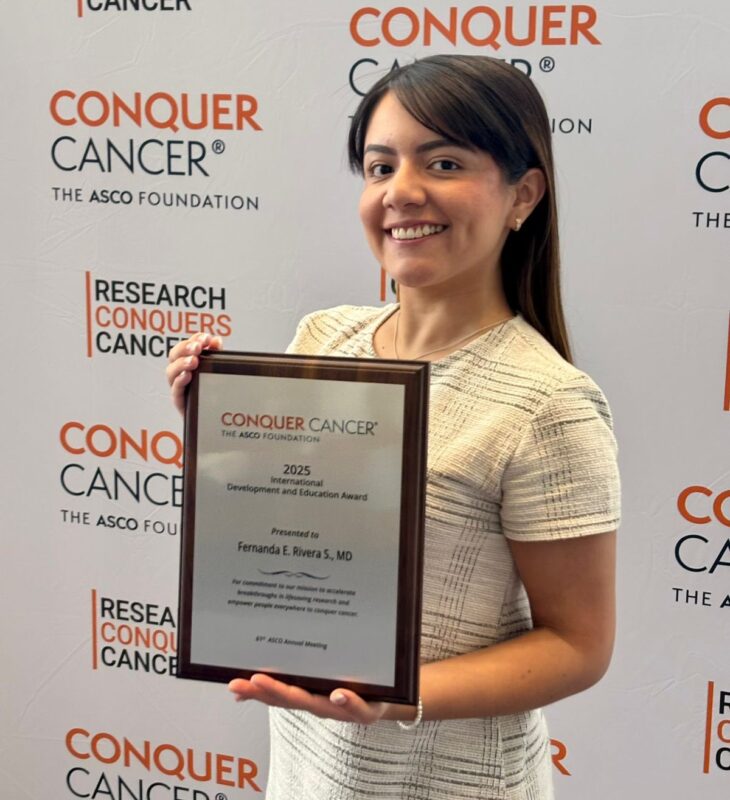
“Very promising data with KAT6 inhibition + fulvestrant presented by Pat LoRusso.
Among 43 patients with HR+/HER2- MBC, all with prior CDK4/6i, ORR was 37%, mPFS 10.7 months. Main toxicity: 74% with dysgeusia (paging Antonio Giordano, for the pronunciation of this toxicity).”
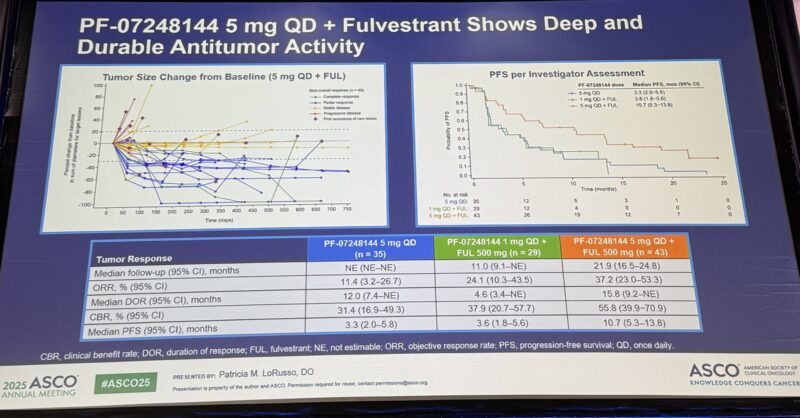
“1st line encorafenib + cetuximab + mFOLFOX6 vs SOC in BRAF V600E-mCRC
BREAKWATER: PFS + updated OS
- ORR 65 vs 37 vs 43 %
- mPFS 12.8 vs 7.1 vs 6.9 months
- mOS 30.3 vs 15.1 vs 19.1 months
- AE ≥3 76% vs 58 vs 15.7%
Really effective, new SOC in 1st line.”
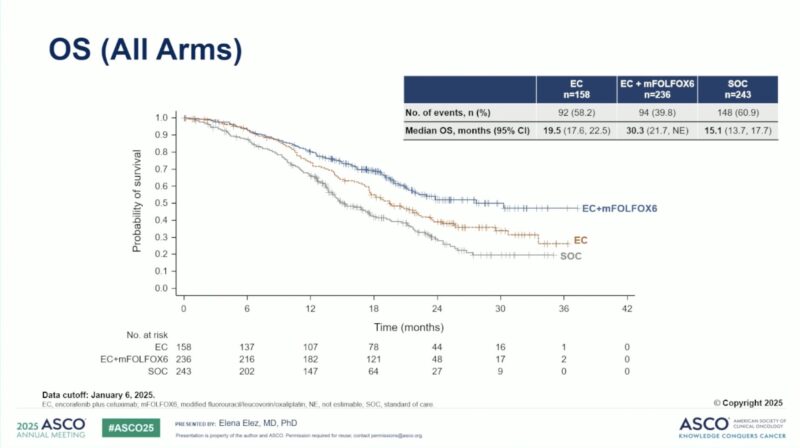
Martin Ignacio Zapata Laguado:
“Final results in the CATNON trial presented by Martinvden Bent at ASCO25. Genomic profiles have prognostic value, not predictive.
Concurrent TMZ and RT and adjuvant TMZ vs RT and adjuvant TMZ did not impact OS.
Lack of data on grade 4.”
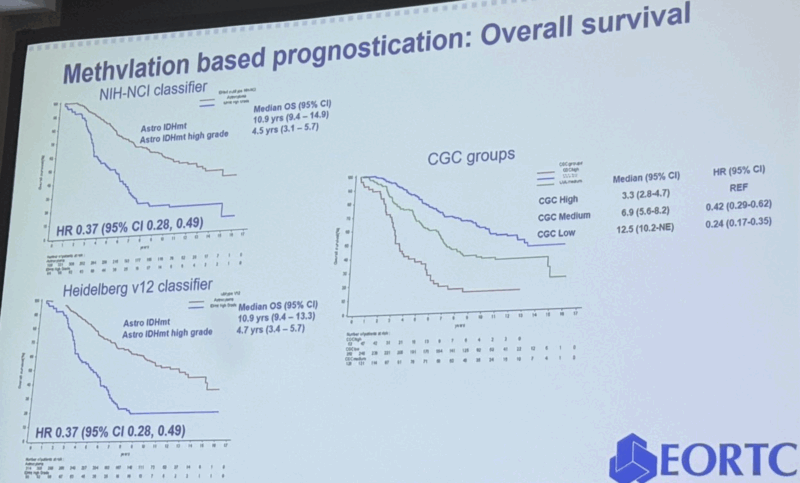
“More follow-up on IPI/NIVO vs NIVO immunotherapy showing robust, durable efficacy translating to ‘cures’ for the patients with colorectal cancer whose tumors are mismatch repair deficient (dMMR/MSI-High).
Hard to tease out ALL-Lines vs 1st line. Thoughts?”
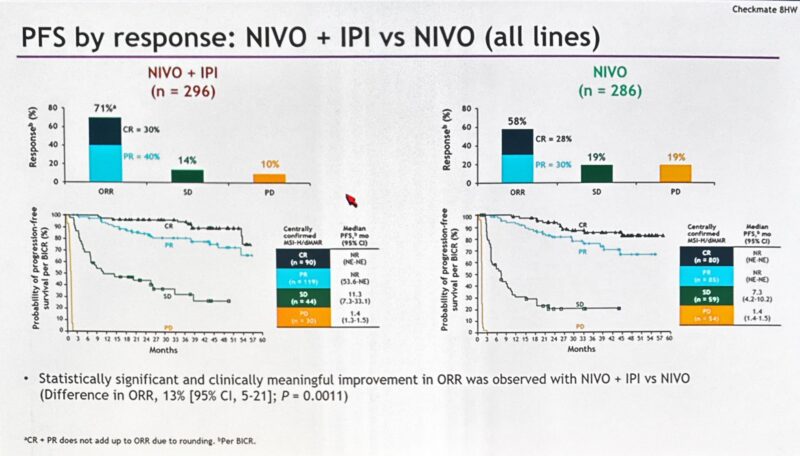
“Excited to be in Chicago with the Colorectal Cancer Alliance at the American Society of Clinical Oncology (ASCO) and 50,000 others working hard to find a cure for cancer.
I’m so proud that we just awarded another four research grants, bringing our total to over $12.5M in 9 months as part of our Project Cure Colorectal Cancer Initiative.”
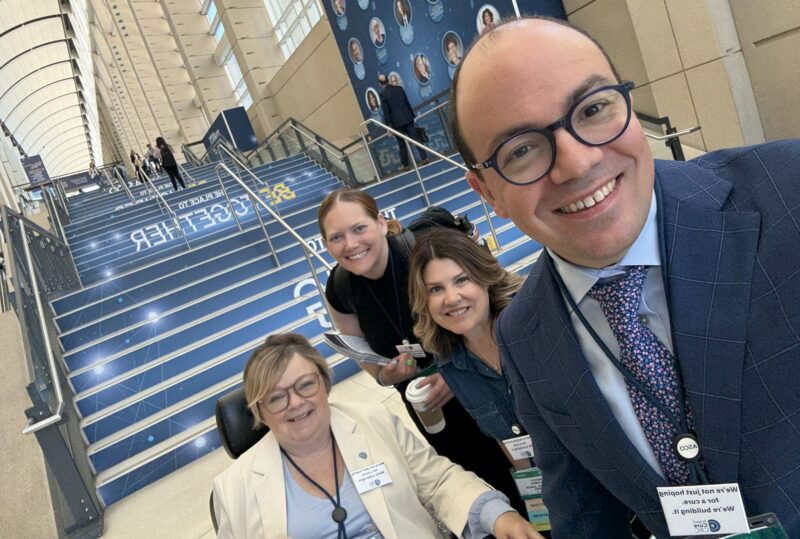
“Landing as I write to ASCO25!
Landing straight into a packed agenda, starting with the Global Cancer Fund Convening hosted by Catharine Young, Ph.D. This Fund could catalyze bold investments and equitable partnerships that address the global cancer burden in low-resource settings!
Excited to meet our City Cancer Challenge (C/Can) delegates, technical partners, and founding supporters from across the world. We’ll be presenting the impactful results of our Leadership Programme for Women in Oncology, supported by Roch, and hosting a dedicated C/Can partners and city stakeholders meeting on Saturday, 3 pm, E255 East Building.
Also looking forward to meeting for the 1st time, Ponda Motsepe-Ditshego, MD, Amgen, to share the latest impact on the C/Can Readiness Program for Access to Medicines.
If you’re around, let’s catch up!
Also around, Thet Ko Aung, from the Technical Cooperation and Capacity Development team, and Leandro Duarte, City Manager for Rosario, Argentina.”
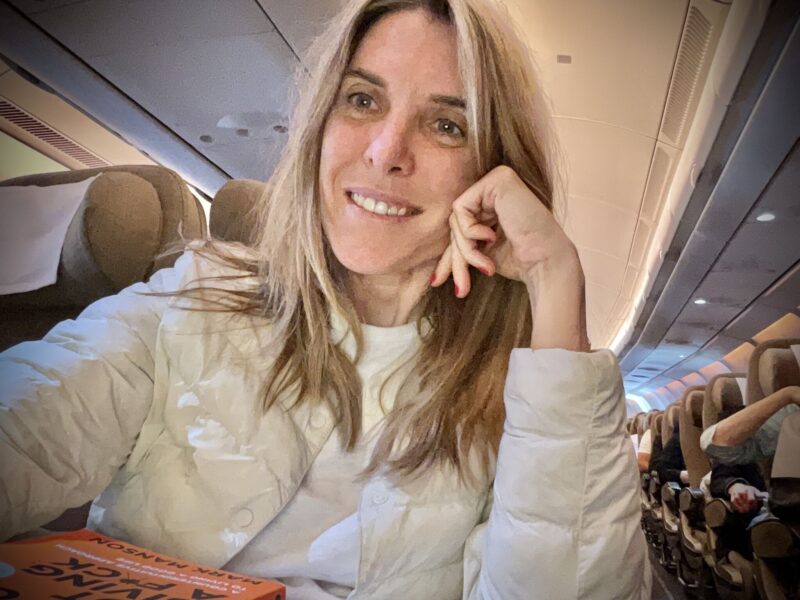
“It’s Day 1 of ASCO2025, and the session on financial toxicity has left me deeply reflective.
As oncologists, we frequently discuss side effects like fatigue, nausea, alopecia, and neutropenia. However, we talk far less about the invisible burden that gradually erodes dignity and security: Financial Toxicity (FT).
Coined in 2013, FT refers to the negative financial and psychological impact of cancer-related expenses. I’ve witnessed its toll in every health system I’ve worked in, which manifests in various ways:
- Loss of income due to time off work
- Cost of travel for treatment
- Paying for childcare during appointments
- Out-of-pocket costs for wigs, bras, and prescriptions
- Parking fees at hospitals, yes, patients still have to pay to park while fighting for their lives.
The emotional toll can also be significant, leading to guilt, anxiety, treatment delays, and even non-adherence.
Breast cancer patients are especially vulnerable due to:
- Higher caregiver burdens
- Lower average income
- Multimodal, prolonged treatments
- Often experience abandonment or divorce after their diagnosis
Recently, one of my patients returned to work mid-treatment, not because she was ready but because she couldn’t afford to miss rent. Patients are forced to choose between health vs survival, treatment vs food, life vs living.
In Europe, the UK has the second-lowest paid sick leave period. Our systems need urgent reform.
I must also raise an uncomfortable question: Are we, as healthcare professionals, contributing to financial toxicity?
- When we ignore the costs of supportive meds
- When we prescribe beyond third-line treatments without questioning their real-world value
- When we fail to ask, ‘Can this patient afford this choice?’
Doctors are trained to heal, not to discuss finances.
I regularly refer patients with brain metastases for stereotactic radiosurgery (SRS) in Sheffield. However, we need to consider the additional costs for the patients and their caregivers (accommodation, meals, transportation, and logistics) that they wouldn’t incur if they were local to Leicester. We risk adding unseen burdens to already heavy shoulders.
I’ve had patients unable to pick up their medications due to work commitments or because they couldn’t afford transportation.
What can we do?
- Start the conversation: ‘Is cost a concern for you?’
- Eliminate avoidable costs: No one should pay for parking during cancer treatment.t
- Arrange for pharmacies to deliver medications when possible
- Evaluate treatments beyond the third line for meaningful benefits
- Provide financial navigators to help patients access support
- Advocate for affordable and accessible treatments
- Push for systemic change
- Incorporate economic burden into the medical curriculum
We must be proactive, not reactive. A cancer diagnosis should never lead to financial ruin.”
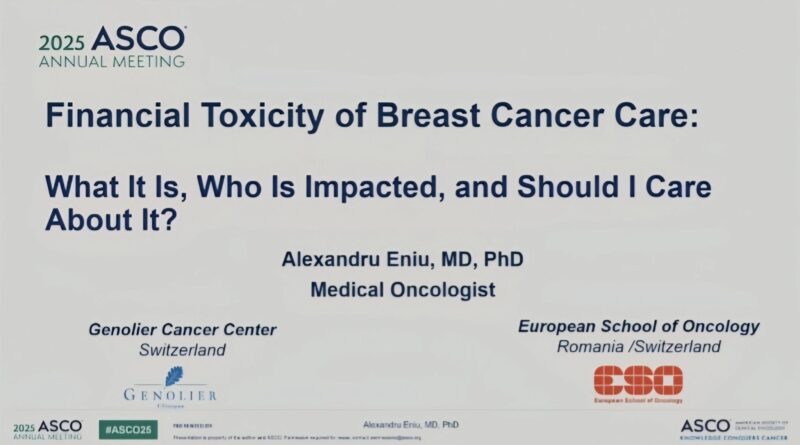
“As noted in the ASCO25 Ed Book:
T-DXd is a key option in endocrine-refractory HER2-low MBC, but its toxicity, lack of OS benefit, and unclear sequencing vs SG and Dato-DXd call for a personalized approach.”
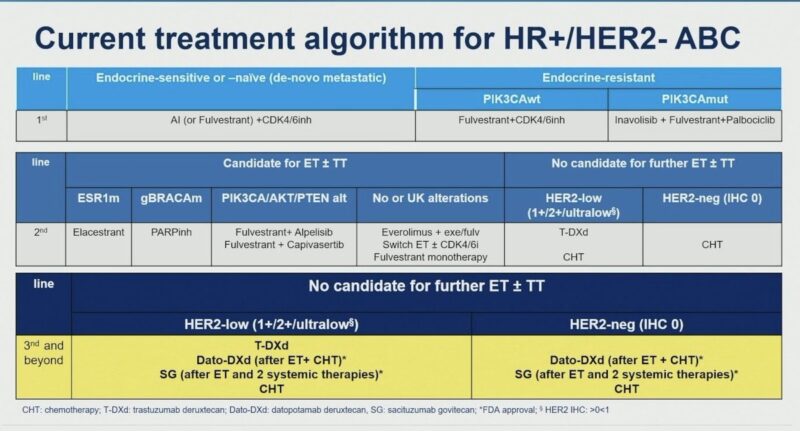
To stay on top of everything happening at ASCO 2025, keep following OncoDaily.


